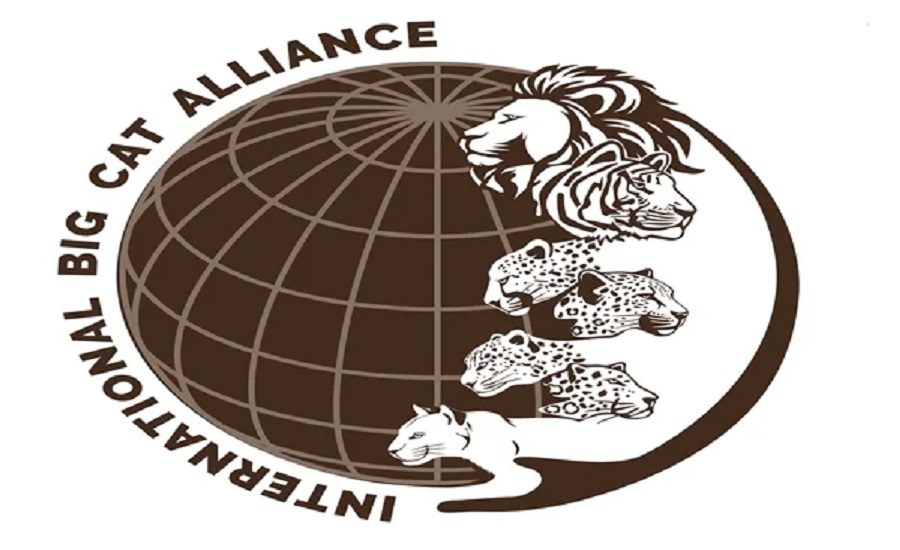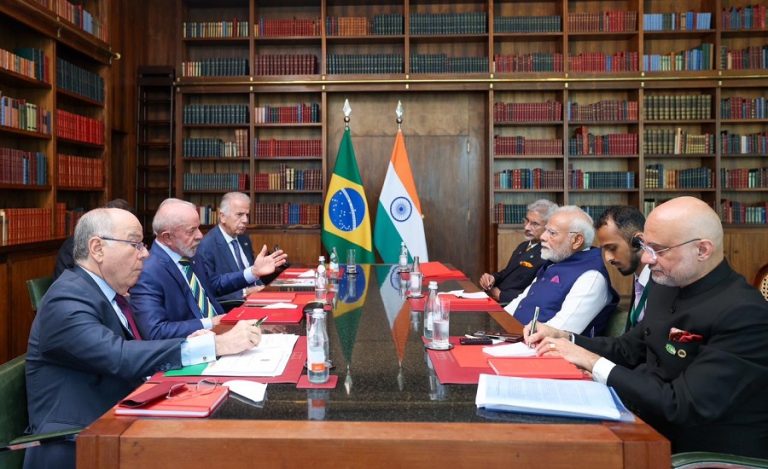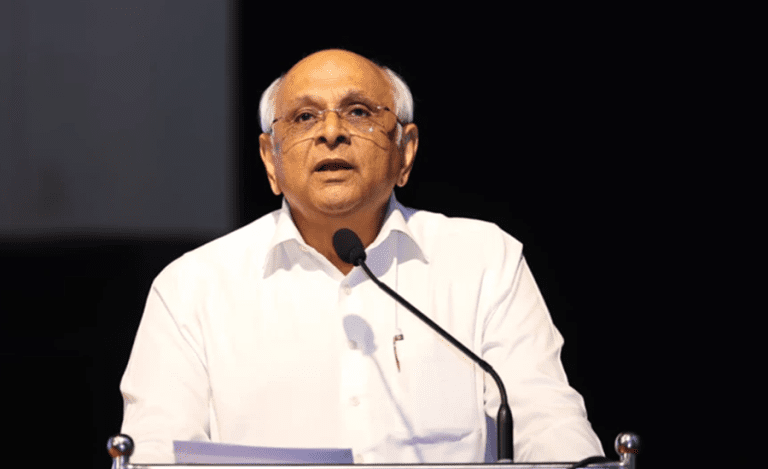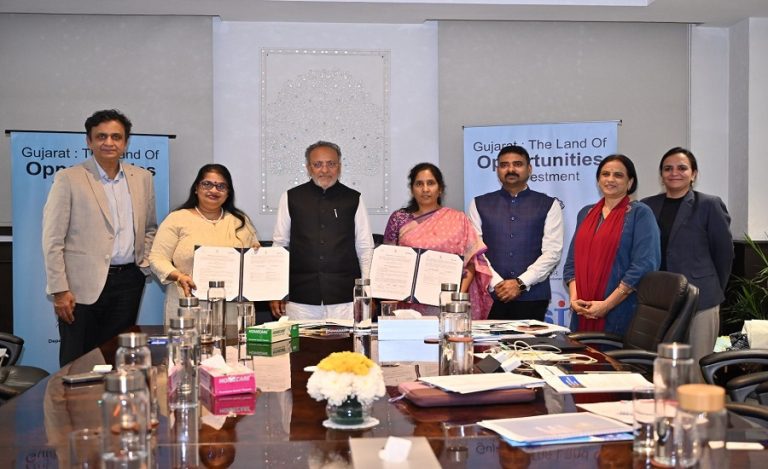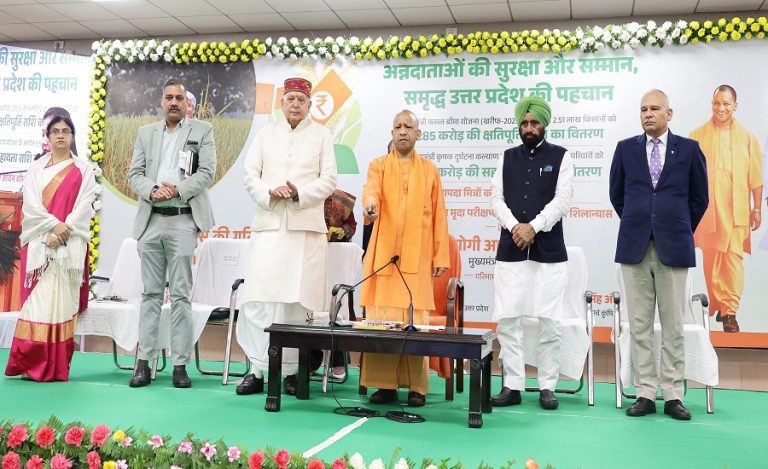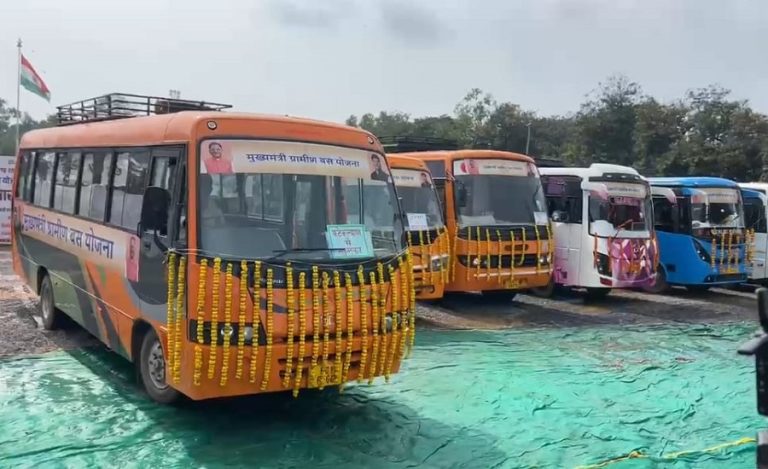New Delhi: In a landmark move aimed at reinforcing global efforts to conserve big cats, the Government of India has officially granted privileges and immunities to the International Big Cat Alliance (IBCA) and its representatives under the United Nations (Privileges and Immunities) Act, 1947. The development was formalised via a Gazette Notification issued by the Ministry of Environment, Forest and Climate Change on August 8.
This legal status, typically accorded to United Nations organisations and international bodies, will now apply to the IBCA and its functionaries, empowering the Alliance to operate seamlessly and effectively as a global platform for big cat conservation.
Bhupender Yadav: A Significant Step Toward Global Wildlife Cooperation
Sharing the news on social media platform X, Union Environment Minister Bhupender Yadav remarked:
“The significant step reaffirms India’s steadfast commitment to strengthening international cooperation for big cat conservation.”
He further emphasized that the conservation of big cats plays a crucial role in preserving entire ecosystems, contributing to the ecological well-being of the planet.
Glad to share that the Government of India has issued the Gazette Notification extending privileges and immunities to the International Big Cat Alliance, its representatives, and officials under the United Nations (Privileges and Immunities) Act, 1947.
— Bhupender Yadav (@byadavbjp) August 22, 2025
The significant step… pic.twitter.com/KJnmcQu1tA
IBCA: A Global Platform with Indian Roots
The International Big Cat Alliance is a treaty-based inter-governmental organisation conceived by Prime Minister Narendra Modi, and officially launched on April 9, 2023, during the 50th-anniversary celebrations of Project Tiger. Its mandate covers the conservation of the seven big cats of the world – Tiger, Lion, Leopard, Snow Leopard, Cheetah, Jaguar, and Puma – through collaboration with partner nations.
India, which is home to five of these seven big cats, has taken a leadership role in this global initiative. The IBCA officially came into force as a full-fledged legal entity in January 2025, with its headquarters located in New Delhi.
Global Participation Gaining Momentum
As of now, 35 countries have expressed willingness to join the IBCA. Of these:
- 12 countries have signed the treaty,
- 3 countries have opted for observer status.
The alliance aims to facilitate–
- Global knowledge exchange,
- Capacity building,
- Consolidation of successful conservation practices,
- Synergistic collaboration among nations, NGOs, and experts in wildlife conservation.
Strengthening the Legal and Institutional Framework
With privileges and immunities now formally extended, IBCA officials and representatives will enjoy diplomatic protections, freedom of communication, and legal safeguards similar to those granted to UN-affiliated organisations. This legal infrastructure will significantly aid in the organisation’s functioning across multiple jurisdictions, paving the way for more agile global coordination in the conservation space.
The move follows the signing of the Host Country Agreement between the IBCA and the Indian Government on April 17, 2025, marking India as the permanent host of this ambitious global initiative.
All United Nations member states, including those without native big cat populations but interested in their conservation, are eligible to join the International Big Cat Alliance (IBCA). The Alliance is designed to foster collaboration among countries, advancing a shared conservation mission where big cats serve as symbols of sustainable development and the promotion of livelihood security.

